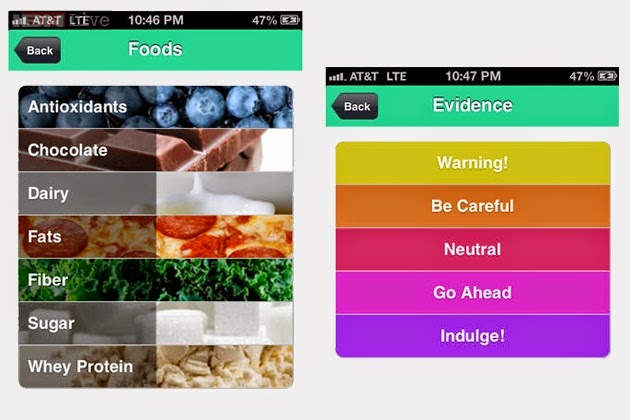Many of us have invested in the
wristbands or other wearable devices that tell us how many steps we have taken,
calories we have burned and other information.
But an interesting new study that
compared activity monitors found that while some are accurate when measuring
step counts, others are way off. And few are more accurate than the convenient
and inexpensive apps you can find on your cellphone
What’s more, the researchers say, while
many of us hope that these activity trackers may motivate us to become more
active and healthier, none of them has proved able to persuade reluctant
exercisers to start and stick with a workout routine.
The promise of these devices obviously
relies heavily on their accuracy and ease of use. If the trackers tell us that
we have moved more or less than we actually do, our responses may not be
appropriate or ideal.
If, for instance, the monitor says
that we have burned more calories than we actually have that day, we may
overeat and gain weight.
If, alternatively, the monitor says that we have taken
fewer steps in a day than we actually have, we may become discouraged, blame
the device, throw it in a drawer and stop walking for exercise altogether.
Similarly, if a fitness monitor is
difficult to program, requires frequent charging, feels uncomfortable or is
pricey, many people who might benefit from more exercise will avoid buying or
wearing the thing.
As the authors of the new study point
out, only about 1 to 2 percent of Americans currently own an activity monitor,
and many stop using the device within a few months of buying it.
A majority of Americans own a
smartphone, however, and recently, a number of apps have become available that
promise to measure someone’s steps, calories and so on, much the way a wearable
fitness tracker does, but at a lower cost and, presumably, with greater
convenience.
The accuracy of these phone apps,
however, has not been established, especially in comparison to the accuracy of
the dedicated fitness trackers.
So for the new study, which was published this week in JAMA,
researchers at the Perelman School of Medicine and the Center for Health Incentives and Behavioral Economics at the University of Pennsylvania in
Philadelphia purchased three of the most popular wearable fitness trackers —
the Fitbit Flex, the Nike Fuelband and the Jawbone UP24 — as well as a clunkier
pedometer and several types of accelerometers, which are often used by
scientists to track people’s physical activity.
They also looked at four
fitness-tracking applications for iPhones and Android-based phones, including
an iPhone application from Fitbit and the Moves application for both types of
phones.
Ultimately they gathered 10 separate
devices or apps that claim to track steps and otherwise monitor health and
fitness.
Next they rounded up 14 game adult
volunteers and loaded them up with the devices. Each volunteer was fitted with
a pedometer, two accelerometers, several wristband monitors and, in each
pocket, a cellphone, one of which ran three iPhone-based fitness-tracking apps
and the other of which featured an Android phone running one tracking app.
The volunteers then began walking on
treadmills set to a gentle 3 miles-per-hour pace. A researcher stood nearby and
manually counted every step each volunteer took until that volunteer had
finished first 500 and then, separately, another 1,500 steps.
Each volunteer completed two sessions of
this step counting while wearing all of the devices.
Then the researchers compared the step
counts that the devices had recorded against those objectively measured by the
researcher (who was unlikely to have miscounted by more than a step or two).
The totals diverged considerably. The
pedometer and the accelerometers were generally quite accurate, but one of the
wristbands, the Fuelband, underreported the number of steps the volunteers had
taken by more than 20 percent.
Others of the monitors were more
accurate but, by and large, no more so than the smartphone apps, which cost
much less and would likely be more convenient for many people.
But for now, while it
is comforting to know that our smartphones can correctly count our activity,
they won’t work unless we take that first step on our own and move.




No comments:
Post a Comment